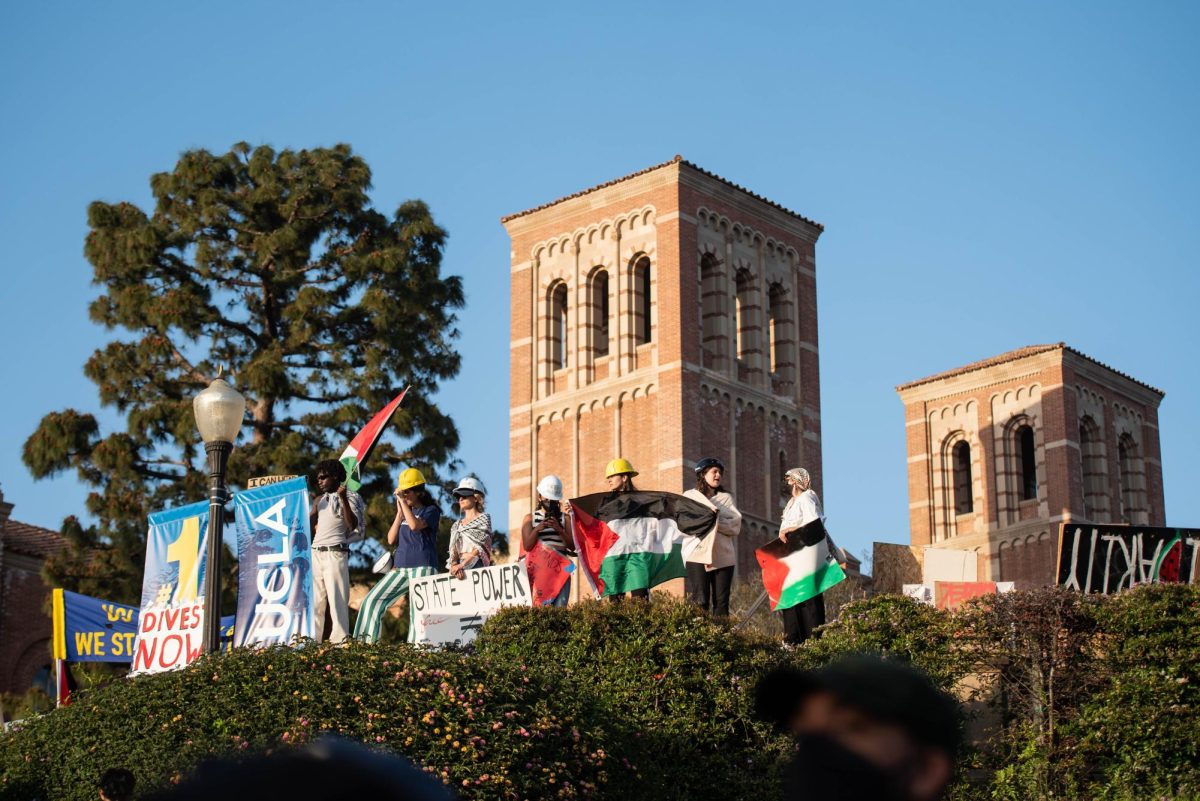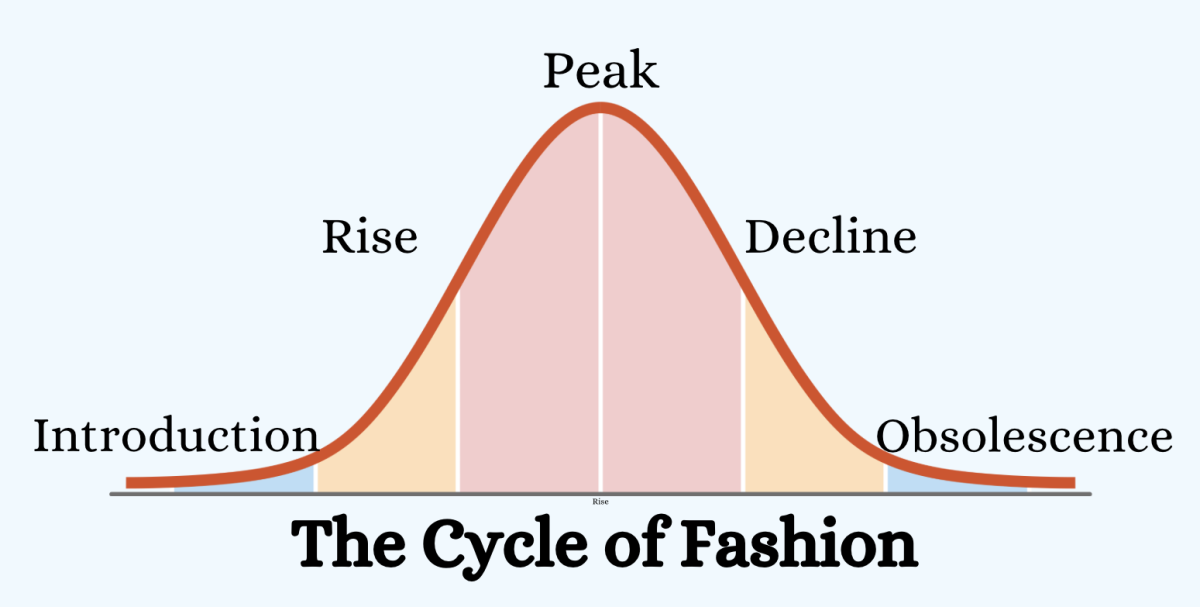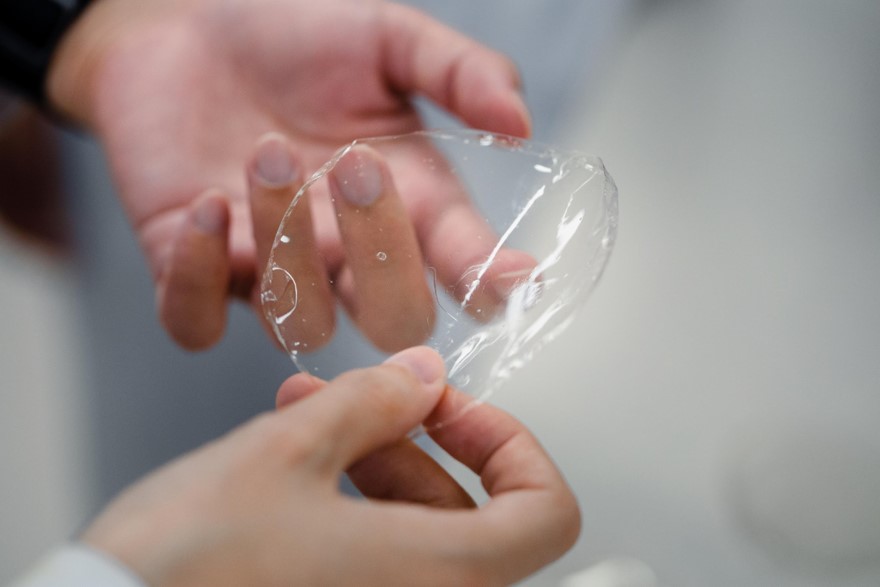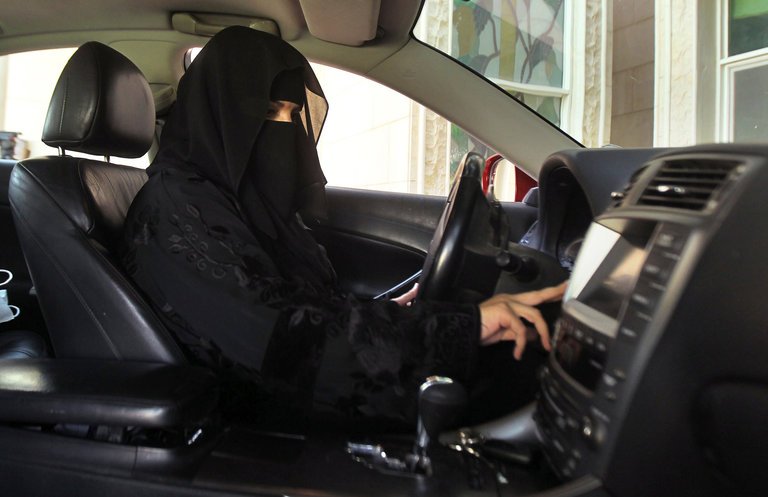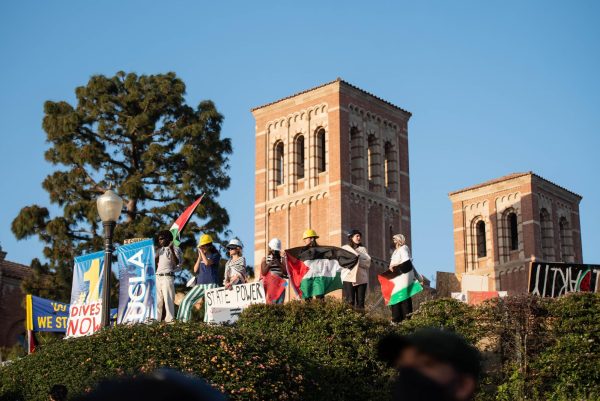Ending the Driving Ban for Women in Saudi Arabia
A Saudi women happily takes the wheel in 2013, unaware she will be able to legally drive within only a few years.
October 6, 2017
The ending of a longstanding law is marking a major victory for women in the Gulf Kingdom. Saudi King Salman bin Abdulaziz made a surprising announcement overturning a long standing royal decree that banned female drivers in his country, Saudi Arabia. Although the announcement was made in late September this year, the driving ban will not be lifted until June 2018. The decree is a step in decreasing the oppression of women in one of the most conservative kingdoms in the world.
The repeal of this archaic and oppressive law will be a long overdue victory for women’s rights in this country. After decades of campaigning, women in Saudi Arabia will finally be given the right to drive. Loulwa Bakr, a (female) senior financial adviser in Jeddah, Saudi Arabia reacted to the announcement by stating, “One small pedal for Saudi women, one giant leap for womankind” (Washington Post).
Despite women’s rights being improved by this move, it is an unintended benefit. This change of law was not the result of the Saudi government acquiescing to immense social pressures of decades of protests by Saudi women for the right to drive. The change was primarily economy driven; the newly acquired right to drive by Saudi women was a required component of the Kingdom’s economic plan.
Because of the country’s prohibitions about women driving, Saudi women are forced to either be driven by male relatives or by foreign chauffeurs. The Saudi government wants to fulfill their economic vision which requires a decrease of foreigners hired as drivers. Because of the country’s prohibitions about women driving, they are forced to either be driven by male relatives or hire chauffeurs. According to the Los Angeles Times, a labor survey released by the Saudi General Authority for Statistics found that approximately 60% of foreign domestic workers were working as hired drivers. Therefore, the money spent on foreign chauffeurs would not be staying in the Gulf kingdom, and thus negatively affecting their economy. Nonetheless, the decree is welcome by Saudi women and hopefully means further progression in the ultra conservative state.
Regardless of the motivation behind the decree, Saudi women are enthusiastic and excited about this massive change. As many Saudi women are well-educated, they are enthusiastic about the opportunity to finally contribute and participate in their country’s economy. Without the hefty logistical and financial obstacles of finding transportation, this opens the door for women to join the workforce(New York Times). After spending over two decades fighting for women’s right to drive, activists are overjoyed and excited about this development.
In addition to the excitement from within Saudi Arabia, the outside world is also praising the new reforms. The United States for example is approving and encouraging of the decision. US citizens and students such as Corinne Green (10) believe, “this is a great step. Even a simple ban being lifted, such as this one, can provide hope and a basis for further advancement for women in Saudi Arabia and the rest of the world.” Even US President Donald Trump, gives his vote of support for the progressive step(BBC).
While the reform is a step in the right direction, Saudi Arabia still remains a far cry from gender equality. Yet, this change may signify the country’s willingness to improve living standards for the mothers, sisters, and daughters of Saudi Arabia.











